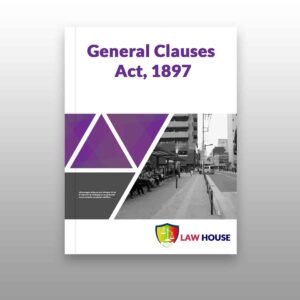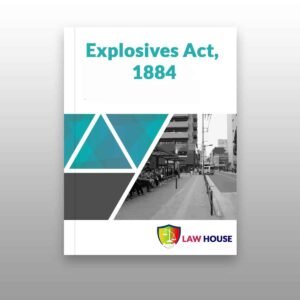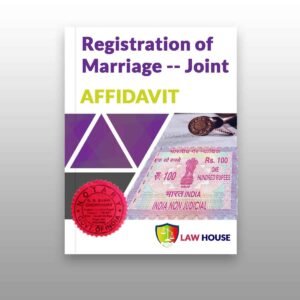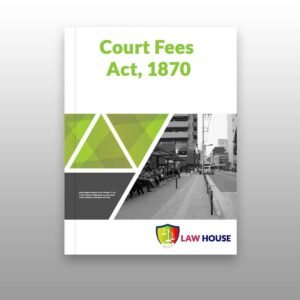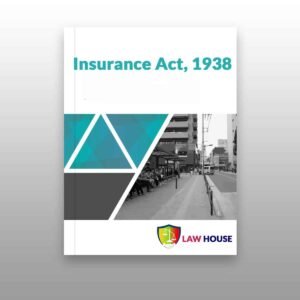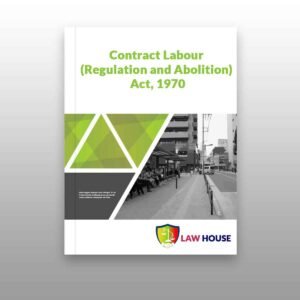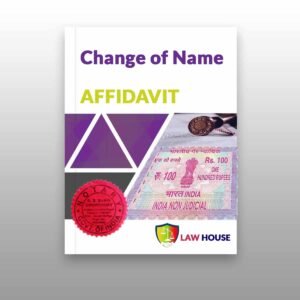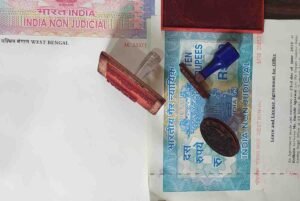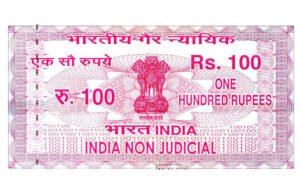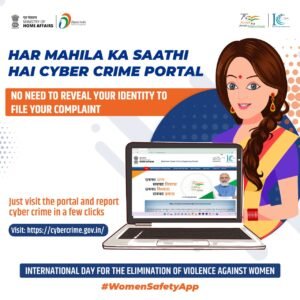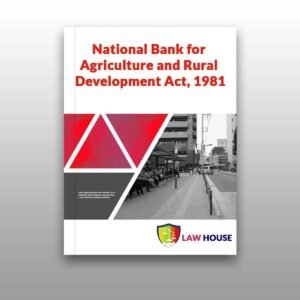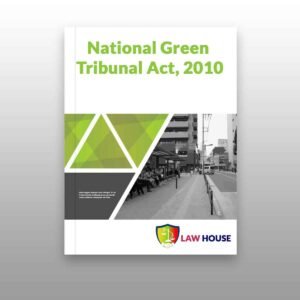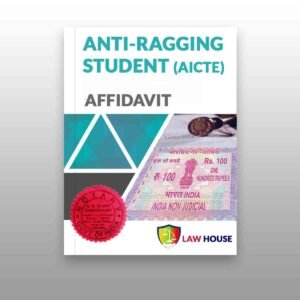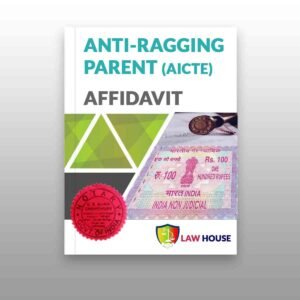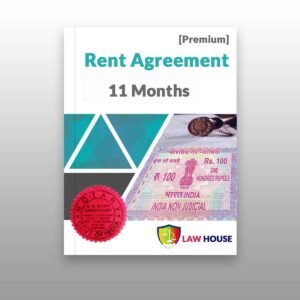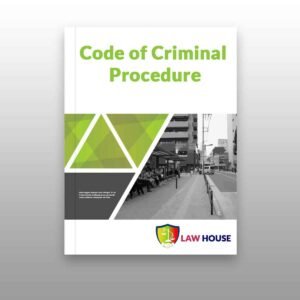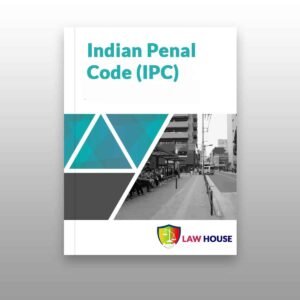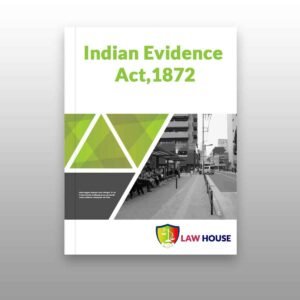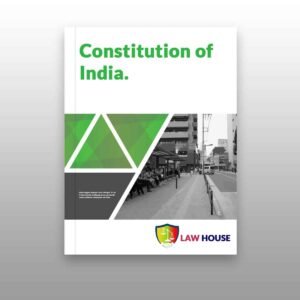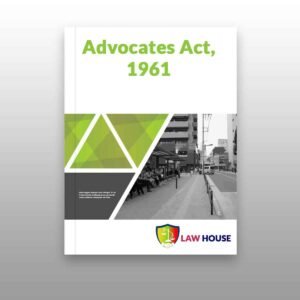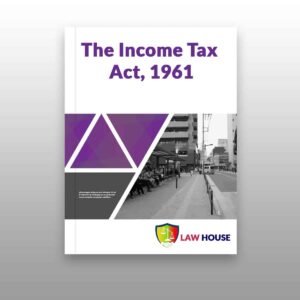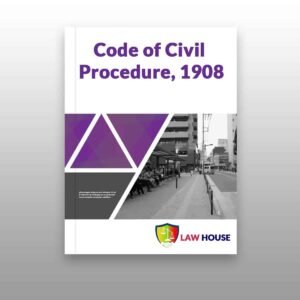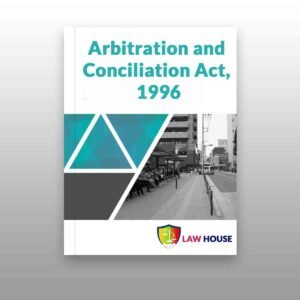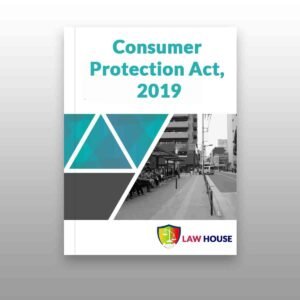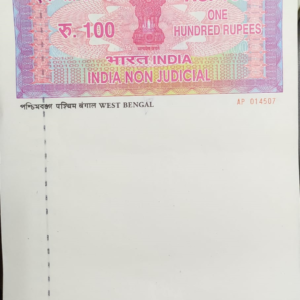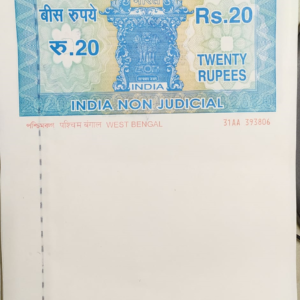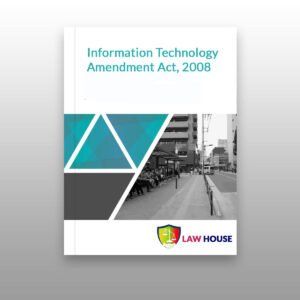In India, cheque bounce is a criminal offence punished with the monetary penalty which may be twice the amount of the cheque or imprisonment for a term that may be extended to two years or both. This article to help youto understand Director Responsibility in the case of Cheque Bounce.
Director’s liability for Cheque Bounce in Company
As per the Hon’ble Supreme court’s latest order responsibility for cheque bounce in the case of any company can be vested upon two conditions.
1. The person being in charge of and responsible for the conduct of the business.
2. Not on the basis of one merely holding a designation or office in a company.
The person/s is only liable who were in charge of and also responsible for the conduct of the business of the company at the time of the commission of an offence. If a Director was not in charge of and was not responsible for the conduct of business at the relevant time, he/she will not be liable for the criminal offence.
Exceptions to director’s liability
A director will not be liable for bouncing of cheques in the following circumstances:
- When the offence has occurred without his knowledge.
- When he has exercised all due diligence in order to avoid it.
All Directors Not Responsible
The Supreme Court also held that all the directors of a company would not be prosecuted if a cheque issued by the Company was dishonoured because of insufficient funds.
There are no prescribed rules that make the Director of a company responsible for all aspects and the responsibility would depend on the roles assigned such as Director, Manager or Secretary. Hence, the liability for issuance or dishonour of cheques could not lie with a person simply because they held an office or a position in a company.
Director Responsible for Cheque Bounce
The Director responsible for the issuance of the particular cheque would be liable for cheque bounce under the Negotiable Instruments Act.
Related Post:
Related Books:









![Honey trap in Cybercrime: A to Z guide Exploring Honey Trap in Cyberspace [With Video]](https://www.lawhousekolkata.com/wp-content/uploads/Post-Images/Honey-Trap-300x169.jpg)

